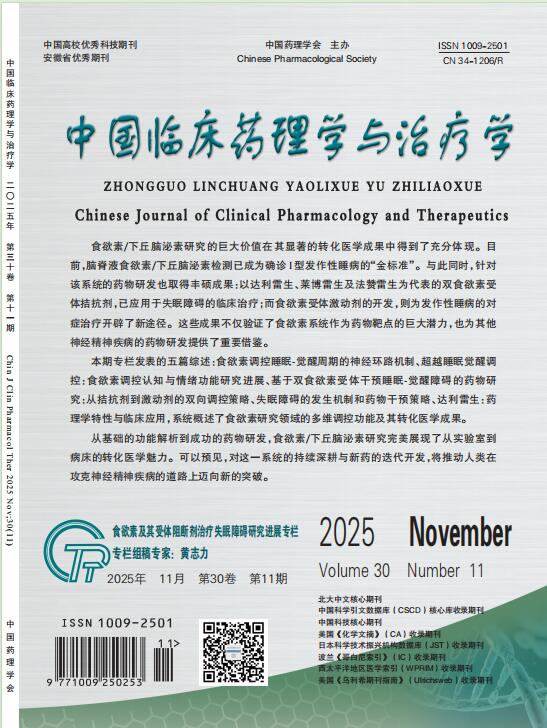Nitric oxide inhalation and propofol injection in treatment of rabbits with oleic acid-induced acute lung injury
LI Juan, CHEN Kun-Zhou, SUN Rui-Yuan
2001, 6(3):
211-214.
 Asbtract
(
147 )
Asbtract
(
147 )
 PDF (179KB)
(
256
)
References |
Related Articles |
Metrics
PDF (179KB)
(
256
)
References |
Related Articles |
Metrics
Aim To observe effects of inhalation of nitricoxide and intravenous propfol on pulmonary oxygenation and perfusion in rabbits with acute lung injury (ALI) induced by oleicacid.Methods Nineteen healthy adult rabbits were anesthetized with tracheotomy, and then vent ilated mechanically.Four animals were selected as normal control.The others were induced into ALI (0 h) by pulmonary injection of oleic acid (60 mg·kg-1) and then randomly allocated into three groups:(1) control group (n=5, receiving ventilation only);(2) NO group (n=5, inhaling NO at 20 ppm);and (3) propofol group(n=5, receiving intravenous propofol 2 mg·kg-1·h -1).The mean systemic arterial pressure (SAP), heart rate (HR), PaO2, PaCO2 and Qs/Qt were recorded in the time of baseline, 0 h and 2 h.X-rays of chests were given and wet-to-dry lung weig htratio (W/D) was determined after the treatment.Results 2 h after the administ ration, the mean PaO2 (>95 mmHg, P<0.05) and PaO2/FiO2 (>300, P<0.05) were significantly improved and Qs/Qt (16%, P<0.05), W/D reduced significantly in the NO group, but not in the propofol group.Conclusion NO inhalation, used for ALI in early stage, can safely and effect ively improve pulmonary circulation, gas exchange, pulmonary oxy genat ion and perfusion, decrease pulmonary edema, and slow down the progress of lung injury.Propofol does not show any influence on oxygenation and pulmonary arterial pressure.

